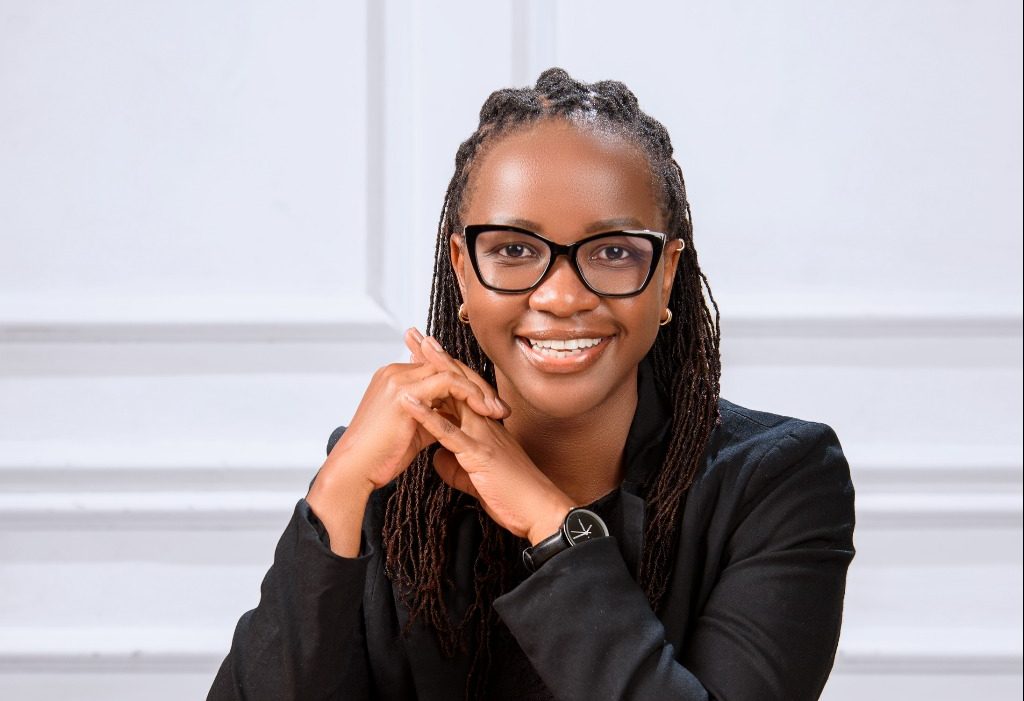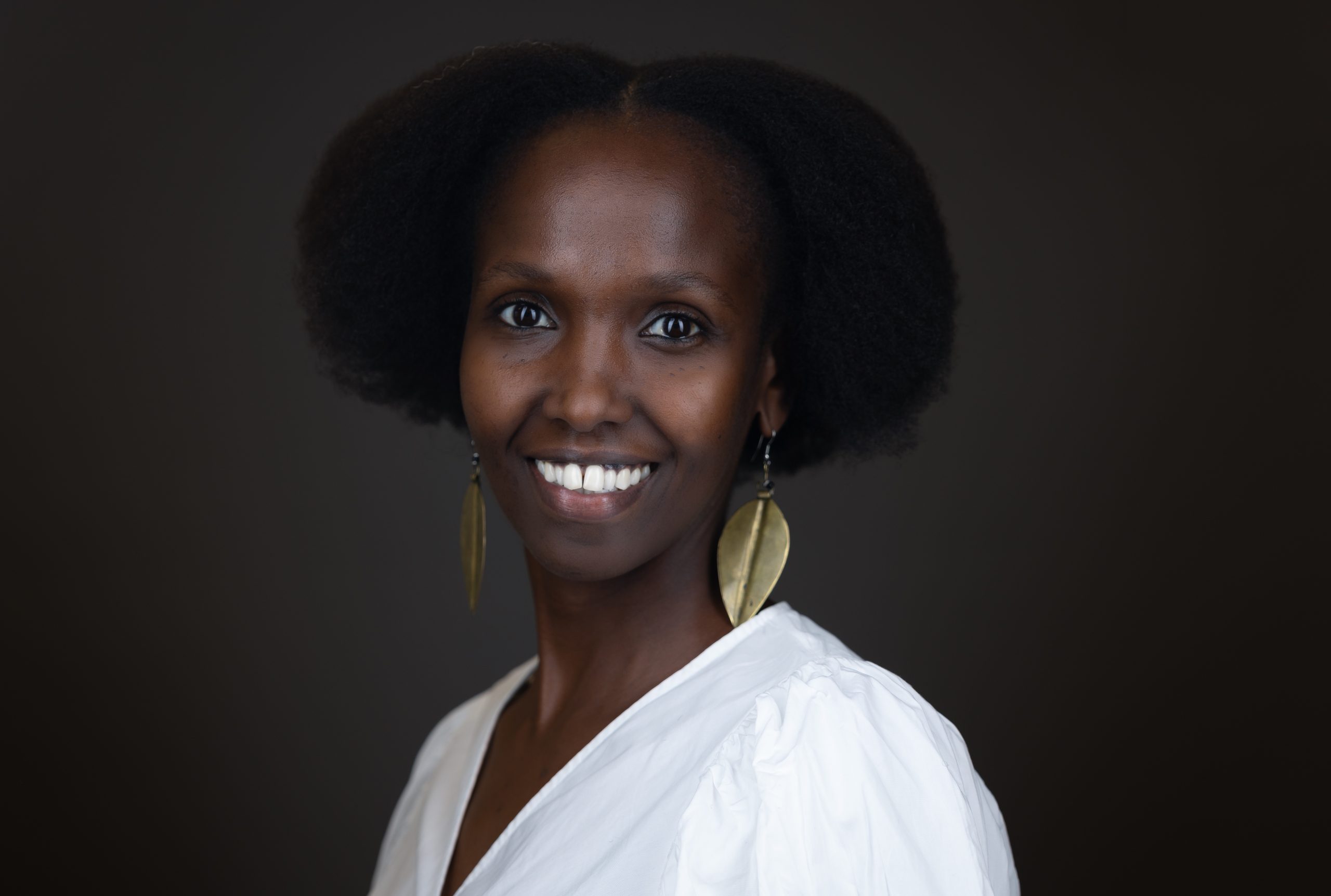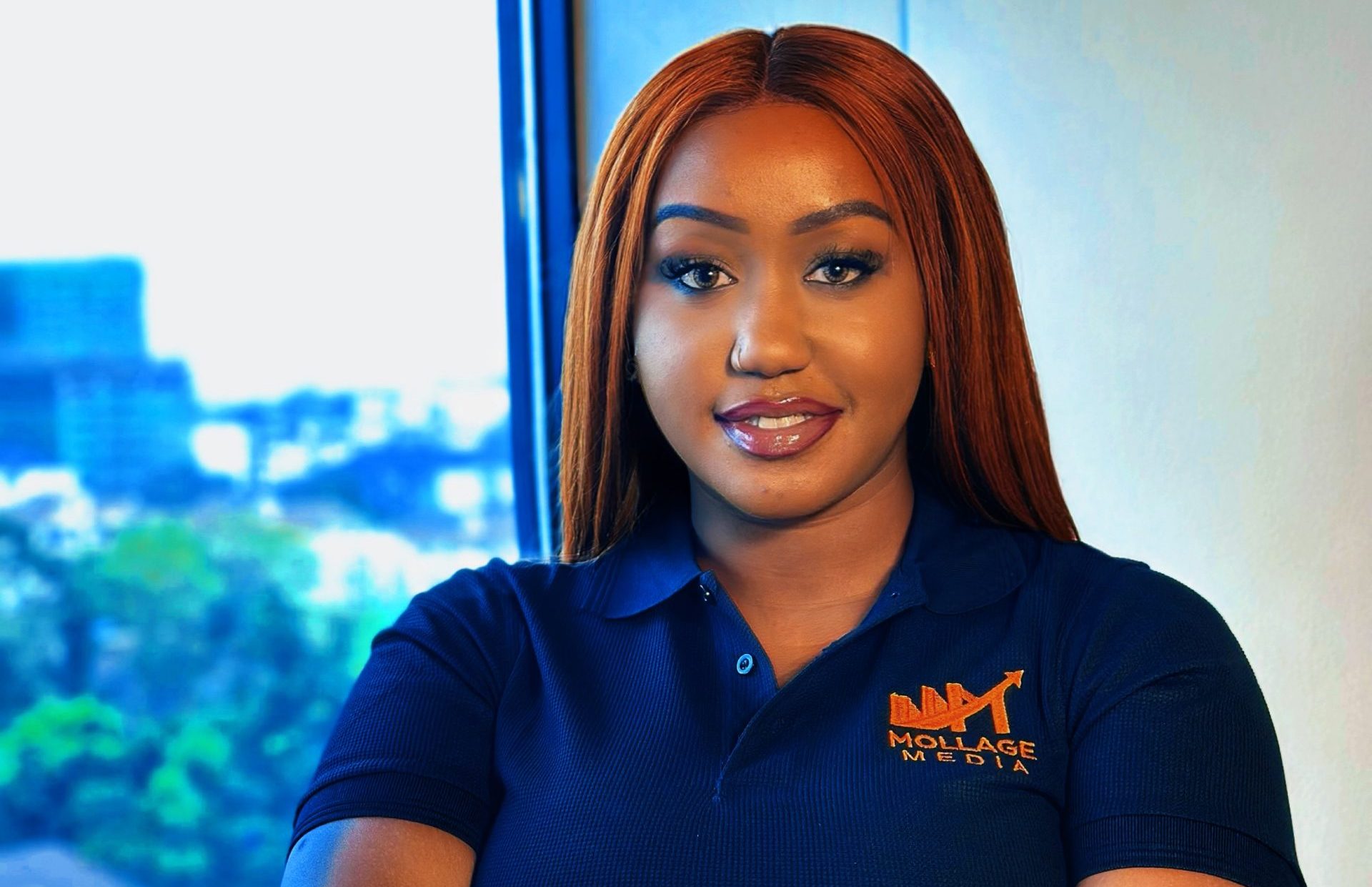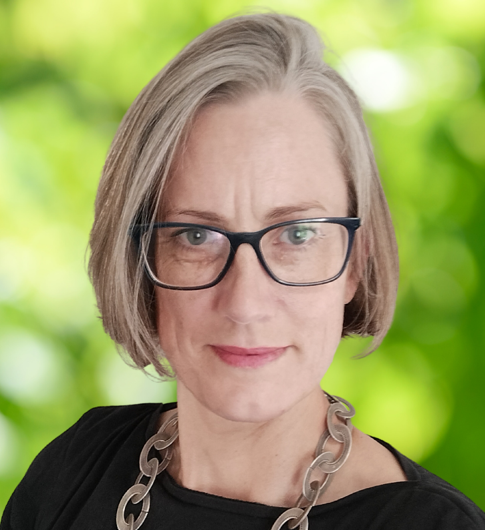A decade ago, she made the exciting leap from marketing into an entry-level Communications role at a global consulting agency. That decision truly set the course for her career. Our Comms spotlight, Saburi Chirimi, Head of Executive Strategy and Communications at Oxfam shares her journey into Communications.
Tell us how you started your career journey in Communications?
I made the transition from Marketing to Communications a decade ago. I was recruited into entry level Communications role by a global communications consulting agency. That shift laid the foundation for my journey in Communications. It was hands down the best learning and rapid growth phase of my career.
Tell us about your role as Head of Executive Strategy & Communications at Oxfam International.
My role is focused on advising Oxfam’s leadership on executive communications, crafting narratives that elevate the Executive Director’s profile as a global voice and reinforcing the organisation’s credibility and mission.
I lead all aspects of the Executive Director’s public-facing engagements, ensuring alignment with core advocacy themes and enhancing Oxfam’s global presence in influential arenas. I enjoy it; it’s interesting work that cross-cuts across all thematic areas and interfaces in all the countries of presence Oxfam operates in.

How have you stayed passionate about your career over the years?
I thrive best in roles where I am continually learning and growing. I have been fortunate to work in organisations that have accorded me the opportunity to grow, evolve and tap new knowledge from amazing colleagues.
The communications sector is also evolving so the learning keeps things engaging and interesting.
What’s the best professional advice you’ve ever received?
“It’s not enough to work hard, you have to be seen”. This is especially critical for women who are too “modest” or “humble” to share their successes while they’re doing the most for their teams and organisation as a whole.
Putting your head down and doing the work, hoping that others recognise and acknowledge your contribution might not always give you the traction you desire for career growth.
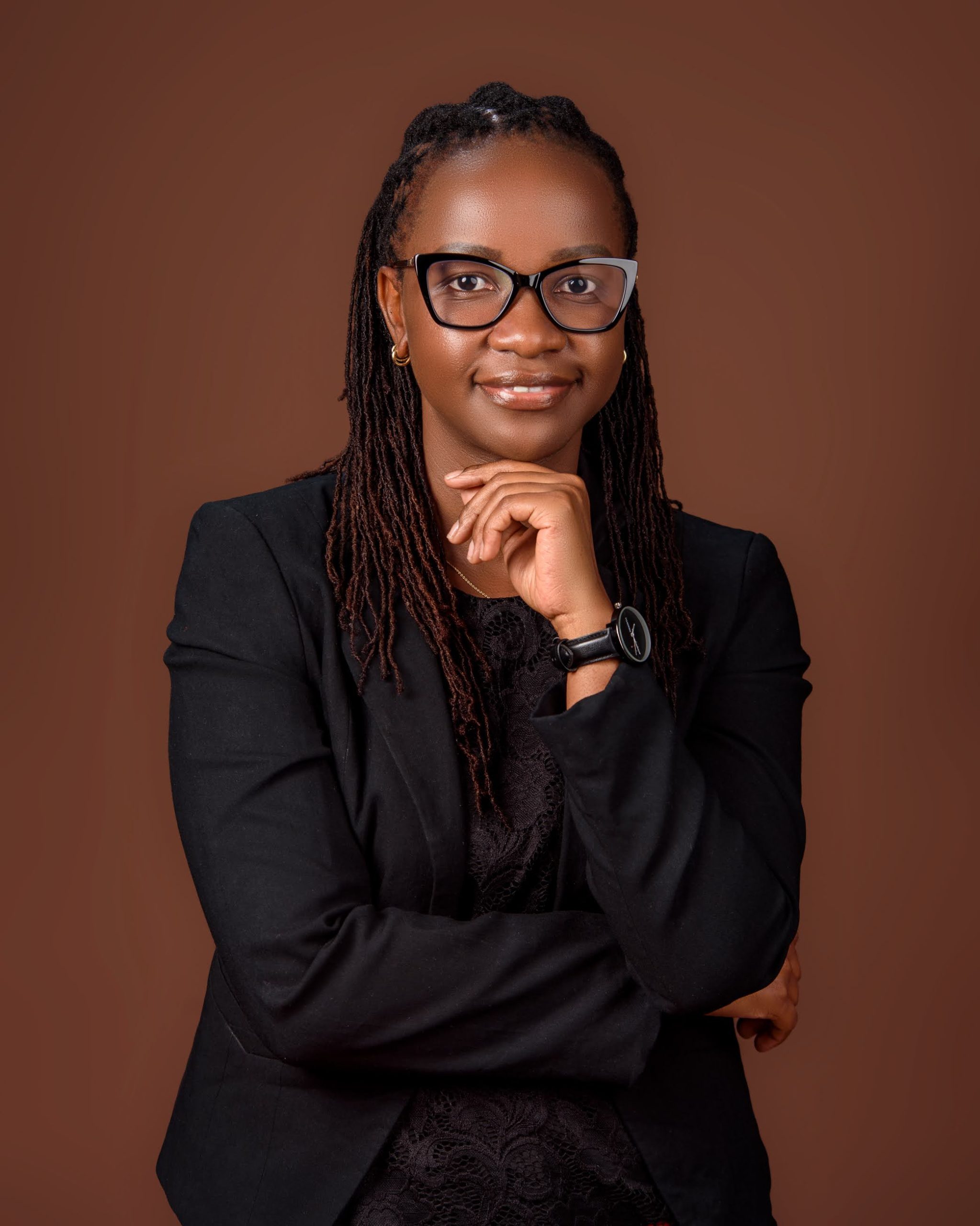
What’s one thing you’re currently learning about Communications?
I’m learning to appreciate the value of maintaining authenticity with audiences. Communication work is dynamic, continually evolving and often at the heart of managing complex situations.
Trust from your audiences is like a line of credit, you build it over time, and fumbling that trust can lead to costly consequences.
How do you see the future of Communications evolving, and how can professionals prepare?
I see the future of communications as increasingly defined by convergence—where traditional silos between PR, marketing, branding, and corporate communications dissolve into a unified strategy.
Digital transformation and how audiences are consuming content are pushing organisations to integrate storytelling, reputation management, and direct engagement into a seamless experience.
Professionals must prepare by developing cross-functional expertise, mastering data-driven insights, and embracing agility in messaging. Those who can bridge disciplines, leverage emerging technologies, and adapt to evolving audience behaviors will lead the next era of communications.

